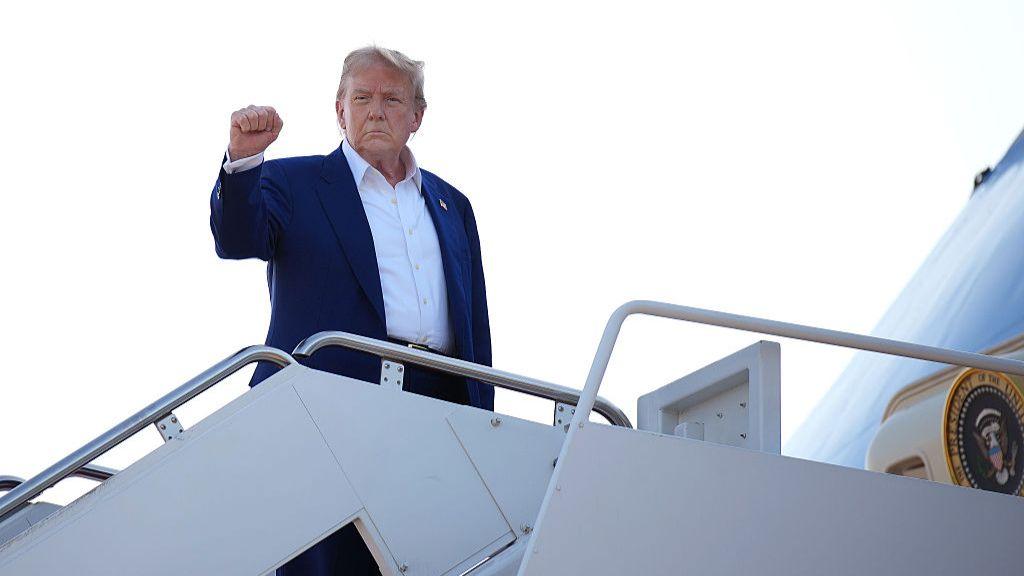Supreme Court Curbs Judges' Power in Birthright Citizenship Case – A Win for Trump?

In a significant development with potential far-reaching implications for immigration law, the U.S. Supreme Court has placed limitations on the power of federal judges to issue broad injunctions blocking executive actions. This decision comes as the court addressed a challenge to President Donald Trump's policy aiming to restrict birthright citizenship, marking a notable victory for the former president and raising questions about the balance of power between the judiciary and the executive branch.
The core of the legal battle revolved around President Trump's 2018 executive order, which sought to curtail birthright citizenship – the principle that anyone born on U.S. soil is automatically a U.S. citizen, regardless of their parents’ immigration status. The order proposed changes to the rules governing citizenship for children born in the U.S. to non-citizen parents, particularly those who are in the country illegally or who are in the country on temporary visas.
Lower courts had largely blocked the implementation of this order, citing concerns about its legality and potential impact on fundamental rights. However, the Supreme Court's recent ruling significantly narrows the ability of these courts to issue sweeping injunctions that prevent the government from enforcing its policies. Instead of allowing judges to broadly halt the order across the board, the court suggested a more targeted approach, focusing on individual cases or narrowly defined groups of affected individuals.
Why This Matters: The Impact on Judicial Review
This decision represents a shift in the court's approach to judicial review. The Supreme Court has effectively raised the bar for judges seeking to block executive actions, requiring them to demonstrate a more direct and substantial harm to specific plaintiffs. This could make it more difficult for challengers to successfully halt government policies, even if they believe those policies are unconstitutional.
Legal experts argue that the ruling reflects a broader trend towards greater deference to the executive branch, particularly when it comes to immigration enforcement. The court's decision doesn't necessarily invalidate the birthright citizenship policy itself; it simply restricts the avenues available to challenge its implementation.
The Political Context
President Trump’s efforts to restrict birthright citizenship were a cornerstone of his administration’s immigration agenda. The policy was highly controversial, with critics arguing that it would undermine the principles of American citizenship and discriminate against immigrant communities. Supporters, on the other hand, maintained that it was necessary to curb “birth tourism” and ensure that citizenship is earned, not simply granted at birth.
While the Supreme Court’s ruling doesn’t definitively resolve the legal debate surrounding birthright citizenship, it does provide a significant boost to the former administration’s policy goals and signals a potential reshaping of the relationship between the courts and the executive branch in matters of immigration.
The legal battles surrounding this issue are likely to continue, and future court decisions will further shape the landscape of immigration law in the United States. The long-term consequences of this ruling remain to be seen, but its immediate impact is clear: federal judges now have a more restricted role in blocking executive actions, potentially paving the way for greater government control over immigration policy.





